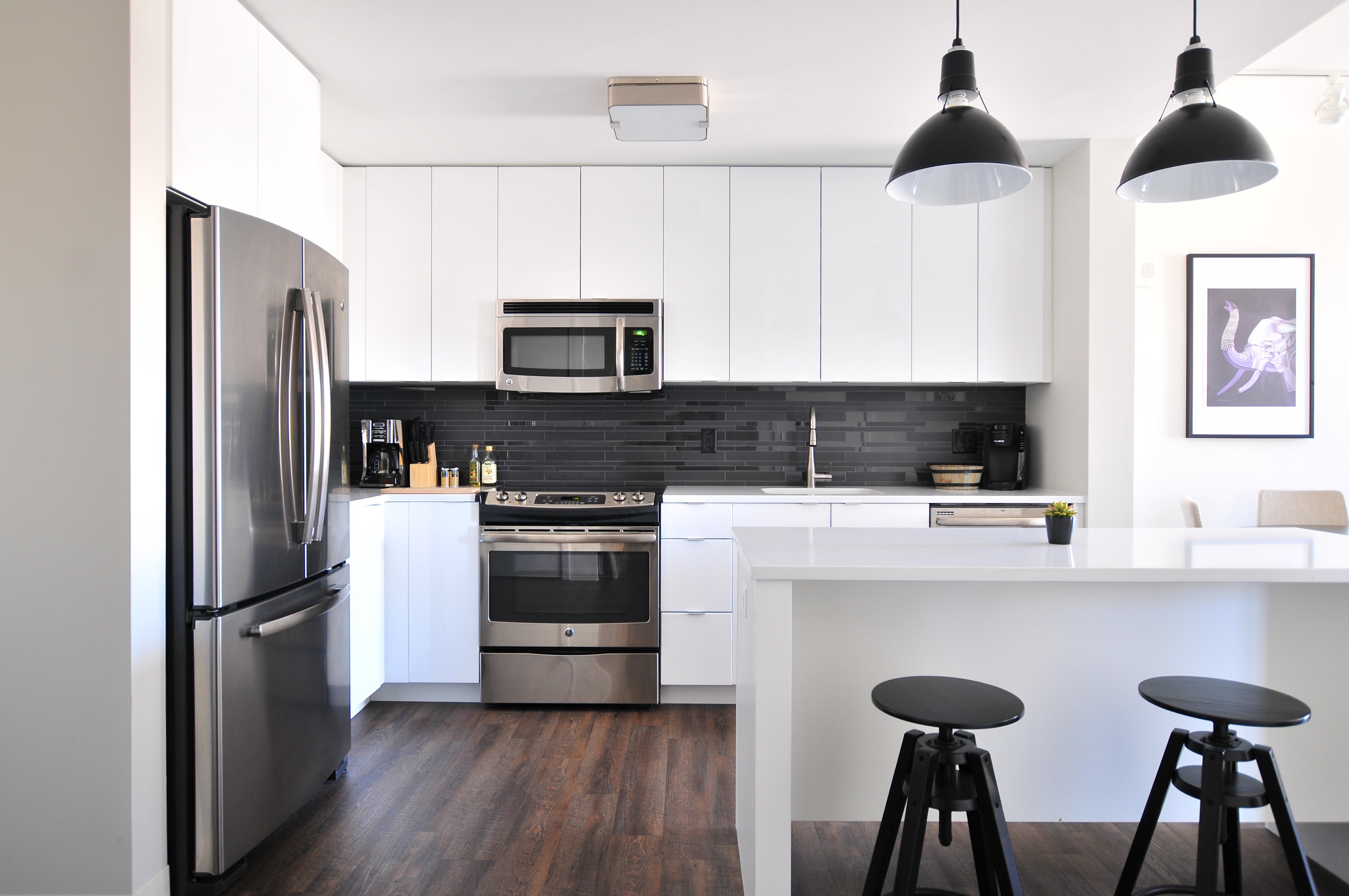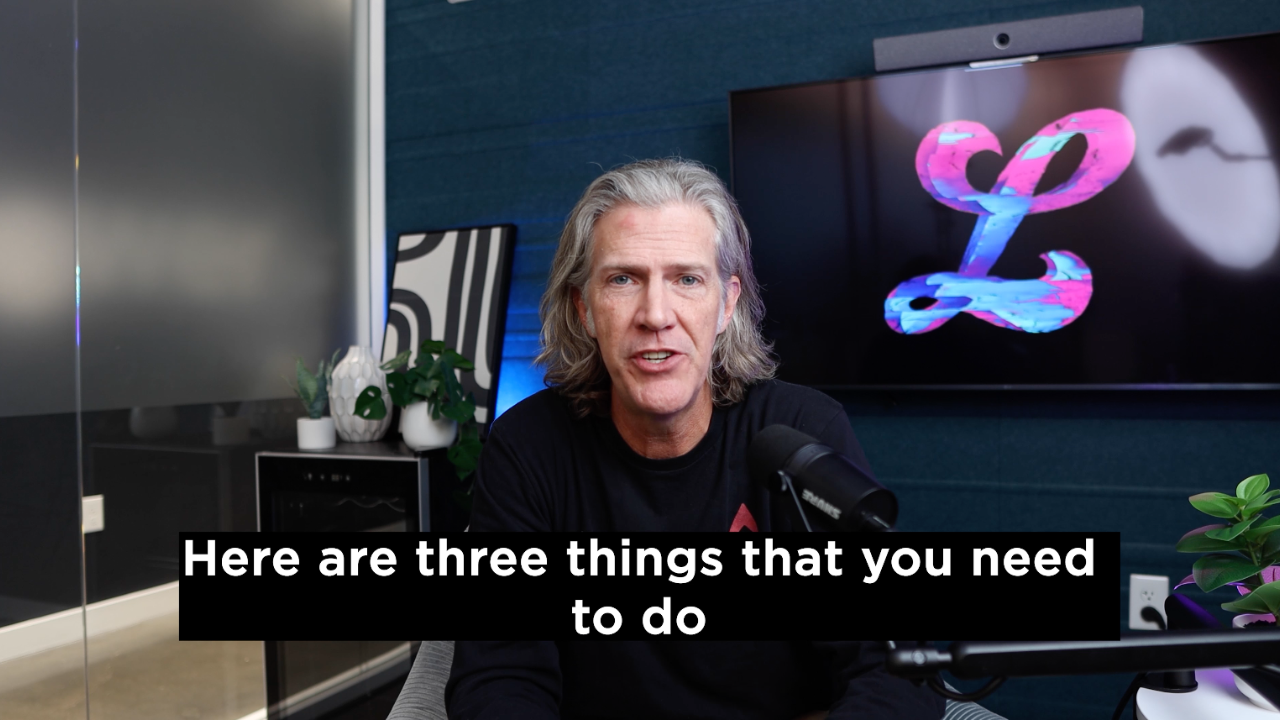FHA Loans: The Basics
To better understand FHA loans, you’ll first need a bit of background on what the FHA is and why they exist. The organization was created in 1934 as a measure to help re-stabilize America’s struggling housing market. They’ve long been instrumental in ensuring that Americans can obtain mortgages and own homes by providing mortgage insurance on loans made by their approved lenders. Through the FHA, lenders bear less risk on potential defaults, and are thereby able to provide more favorable terms to borrowers with less-than-stellar credentials.
This brings us to the modern-day FHA loan. These are mortgages insured by the FHA that you can get from an FHA-authorized lender. Broadly speaking, you can obtain an FHA loan with a down payment as low as 3.5 percent of the home’s purchase price and credit score of 580 or higher. It’s worth noting, though, that you’re also required to have mortgage insurance with these loans. Mortgage insurance for FHA loans cannot be canceled unless you refinance to a conventional loan after establishing 20 percent equity in your home.
If you’re a first-time homebuyer looking for a loan that offers a good deal of latitude, you’ll definitely want to familiarize yourself with FHA loans.
There are several subtypes that fall under the umbrella of FHA loans. Here are five that you should keep on your radar:
1. Standard Home Mortgage
This is your run-of-the-mill mortgage used to finance a primary residence. First-time homebuyers are known to favor these, as they offer flexibility in the form of lowering credit requirements for acceptance, coming with terms of 15 or 30 years, and putting borrowers in a position to choose from a range of eligible home types (provided they have a steady income).
2. Construction to Permanent (CP) Loan
This variety of FHA loan helps to finance new builds, rolling the purchase of land, the construction of the home on the property, and lender fees. It’s like a combination of a standard long-term FHA loan with a shorter-term construction loan. After closing, the loan will convert to permanent mortgage following construction of the home.
3. Title I Property Improvement Loan
Title I loans are a useful tool for financing home improvements and renovations. Since the definition of the term “improvement” is broad, it’s possible to add a Title I loan to another mortgage and get the money you need to fix up a property in need of repairs or furnish it with appliances that it might be missing.
4. FHA 203(k) Improvement Loan
FHA’s 203(k) loans allow you to purchase a home (or refinance your current home) while rolling the costs of extensive renovations into the mortgage. FHA 203(k) loans come in one of two varieties: limited loans up to $35,000 dollars (excluding serious structural repairs), and standard loans of at least $5,000 (that may include structural repairs with oversight from a HUD consultant).
5. FHA Energy Efficient Mortgage (EEM) Program
Loans under the Energy Efficient Mortgage program also cover home upgrades, but are geared toward improvements that increase energy efficiency and lower your monthly utility bills. This might include solar panels, wind energy systems, or improved insulation. Done correctly, the reduced energy costs provide savings that should cover the up-front costs of improvement.
6. Section 245(a) Loan
For first-time homebuyers who expect their incomes to increase, Section 245(a) loans allow them a way to get a mortgage while their monthly earnings are still limited. Under a graduated payment system, your monthly mortgage payments would start low, then gradually increase on a predictable schedule. These mortgages are fixed-rate and available to anyone.
7. Home Equity Conversion Mortgage (HECM)
These are one of the most popular kinds of reverse mortgages, and they allow senior borrowers to convert home equity into cash. Borrowers can withdraw the funds from their Home Equity Conversion mortgages as a line of credit, a fixed monthly sum, or a combination of both. HECMs provide fixed loan amounts, but the terms are often better than private reverse mortgages.
Key Benefits of FHA Loans
FHA loans are great for homebuyers of limited means, as you can qualify with a lower minimum credit score and down payment than you’d need with a conventional loan.
Circumstances may vary, but for many first-time homebuyers, a standard FHA loan best fits their needs, offering substantial benefits when compared to conventional loans. FHA loans offer the following advantages.
Minimum Down Payments
For starters, the difference in minimum down payments is substantial. While it’s true that down payments with conventional loans can be as low as 3 percent, that end of the spectrum is usually reserved for those with higher credit scores and substantial savings. With an FHA loan, you can qualify for a down payment as low as 3.5 percent if your credit score is 580 or higher.
Credit Scores
You’ll need a credit score of at least 580 to qualify for an FHA loan with a 3.5 percent down payment. You can even qualify for an FHA loan with a credit score as low as 500, but that will require you to make a down payment of at least 10 percent. With a conventional loan, you’d need a 620 credit score to qualify.
Property Assessment
When it comes to property requirements and appraisals, FHA loans are definitely more stringent. While this means a bit more red tape, it also means that any property you purchase with an FHA loan is going to be more thoroughly evaluated for its safety, construction, and adherence to building codes. That way, you’ll know your home is livable for the long term.
Ease of Refinancing
FHA loans make it easy to refinance when the time comes. With an FHA streamline refinance, you can skip past the appraisal portion of the process, turning it into a quick and easy way to reduce your loan term or interest rate. You’ll need to make sure that you meet certain requirements to qualify, like not being delinquent on your loan, but this process improves the overall speed with which you can get refinanced on your mortgage.

















.svg)

.svg)















